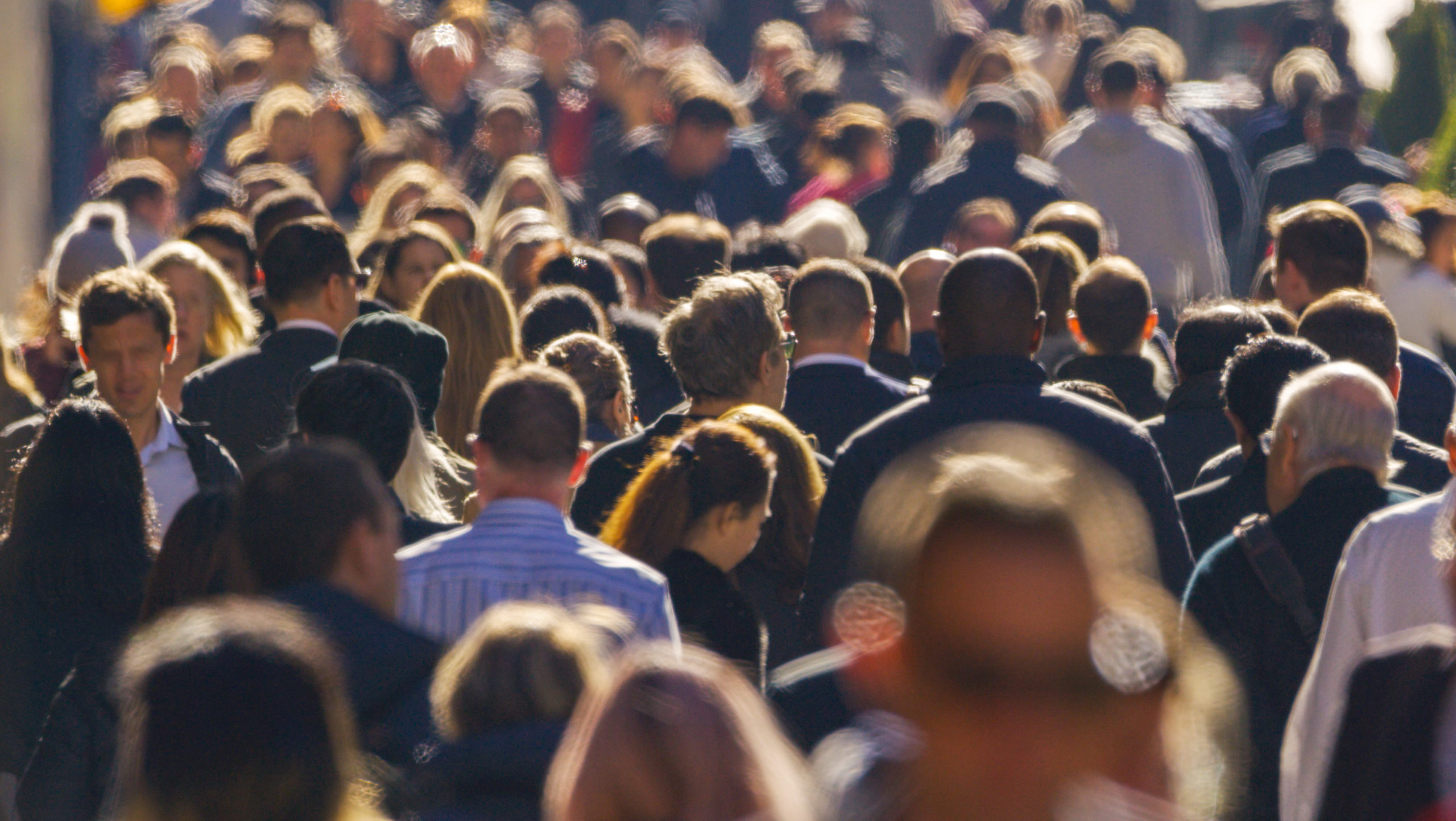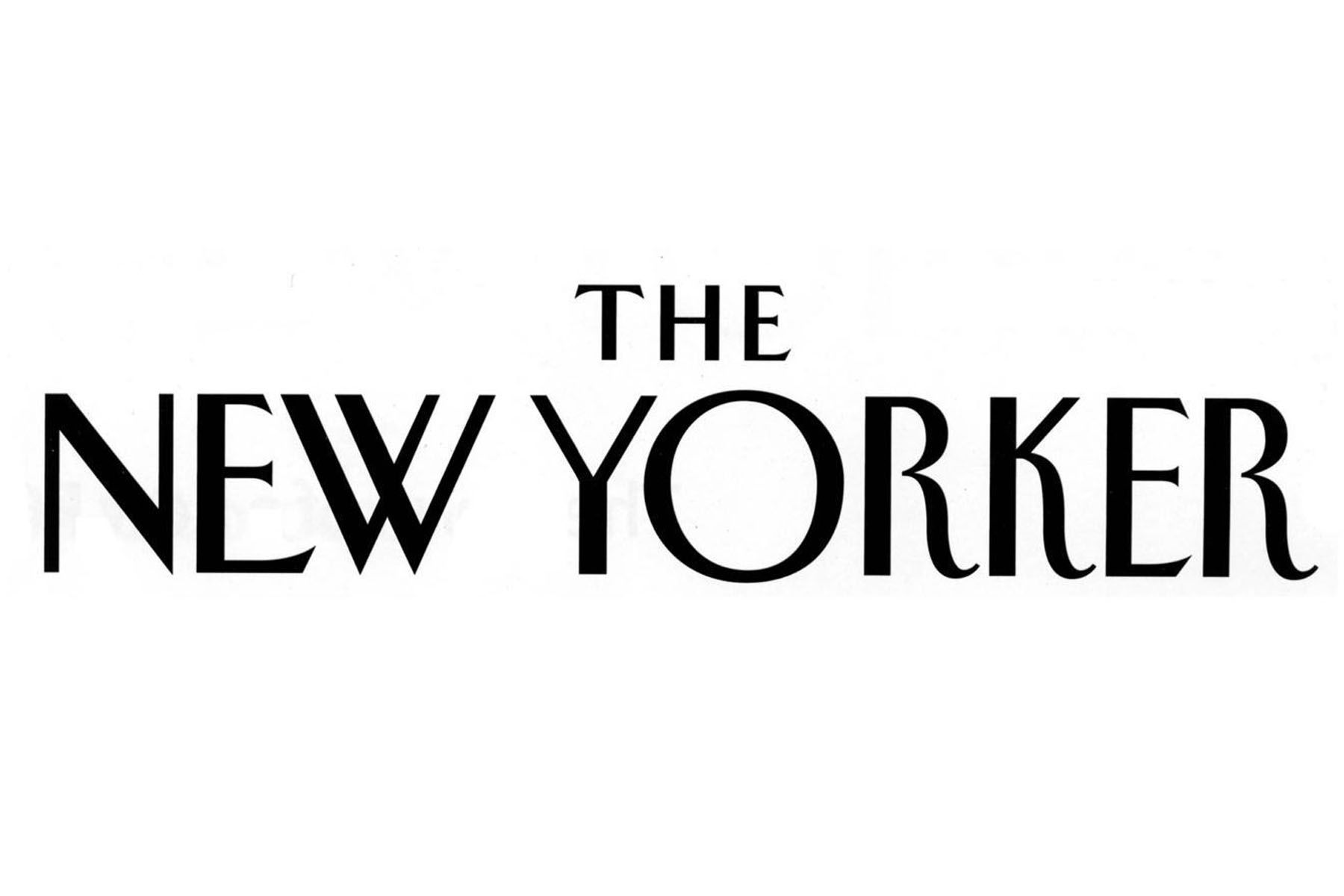Blog April 16, 2021
Some of My Best Friends

The US is becoming more diverse in nearly every conceivable way. And it’s happening even faster than many have anticipated. White Americans make up less than half of the under-16 population in the US and Christian affiliation has plummeted. But even as Americans are afforded more opportunities to socialize with people of different backgrounds, new research suggests that even when we do come into contact with people different from us, few ever make it into our inner circle.
At first glance, social interactions across racial and religious lines appear fairly common. Nearly half (44 percent) of non-Muslim Americans report knowing someone who is Muslim, despite Muslims representing less than one percent of the adult population.[1] An even larger number of Americans report that they know someone who is Jewish—60 percent of the non-Jewish public—an astounding feat given that Jewish Americans represent approximately two percent of the adult population. While fewer Americans say they know someone who is Mormon (42 percent), Buddhist (22 percent), or Hindu (22 percent), these results suggest a promising degree of social integration in the US.
And yet, simply knowing someone is not a sufficient measure of social connectedness. If we understand social relationships as concentric circles with our most intimate relationships on the most inner ring, simply knowing someone is probably at the periphery. Knowing someone of a different race, ethnicity, or religion does not mean you have ever shared a meal together or had them over to your house or had a meaningful conversation. When we look at the innermost ring of relationships—the people closest to us—we find most Americans surround themselves with people who are similar to them.
In 2020, we conducted a survey that examined Americans’ core social networks. These findings reveal that exceedingly few Americans who are not part of a racial, ethnic, or religious minority count members of these groups as part of their inner circle. Only three percent of non-Jewish Americans have a Jewish person as part of their core social network. The findings are nearly identical for Muslims. Only one percent of non-Muslim Americans have someone who is Muslim as a member of their core network.
When it comes to race, the pattern is discouragingly similar. Only seven percent of Americans who are not black have a member of their core network who is. Similarly, only eight percent of non-Hispanic Americans count someone who is Hispanic as a close personal connection. Finally, four percent of non-Asian Americans report that someone in their core social network is Asian or Pacific Islander. Although these groups represent 13 percent, 19 percent, and 6 percent of the US population, respectively, remarkably few Americans who are not part of these communities have a close personal connection to someone who is.
The United States’ racial and religious diversity has long been a point of pride, and some would argue a source of strength. Most Americans believe diversity benefits the country. But diversity without social integration is hardly beneficial. Shared experiences and knowledge allow us to work together, understand differences of opinion, and work towards compromise and common goals. Right now, Americans are experiencing a deficit of shared experiences across racial and religious boundaries, even as opportunities to do so increase. As a result, we have little insight into the lives of people whose backgrounds are different from our own. And our politics today reflect this unfortunate fact.
[1] These figures exclude people who identify as Muslim. For the rest of this analysis, members of the religious or racial or ethnic group of interest are excluded.








